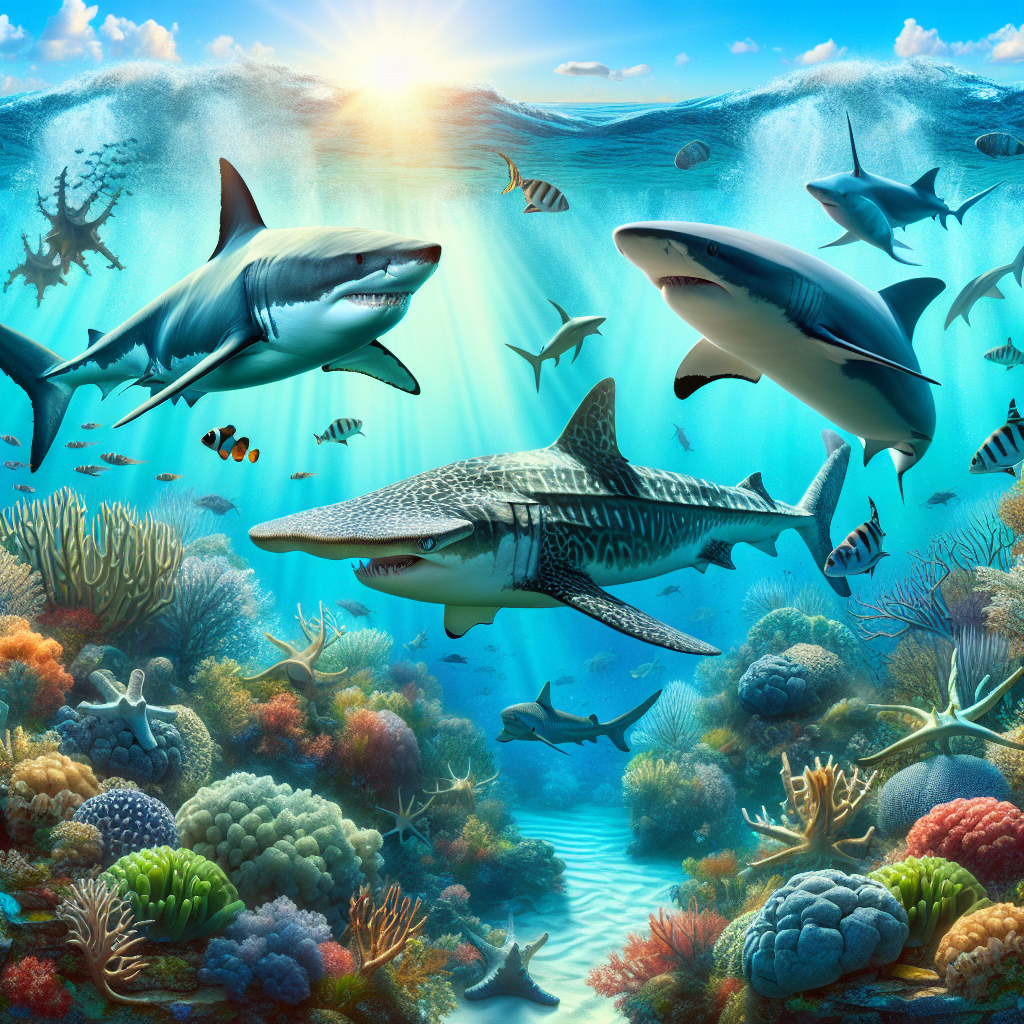Cocaine-Contaminated Sharks Found off Rio's Coast
Sharks near Rio de Janeiro, Brazil, have tested positive for cocaine, with contamination linked to sewage and drug trafficking operations. Over three years, all specimens of Brazilian sharpnose shark examined showed cocaine presence in muscle and liver tissues. The potential impacts on shark growth, maturation, and food chain dynamics are under study.

Sharks off the coast of Rio de Janeiro have tested positive for cocaine, a new study reveals.
The contamination, attributed to inadequate sewage treatment facilities and clandestine drug operations, is causing serious concern among scientists. Researchers from the Oswaldo Foundation Cruz found cocaine in the muscle and liver tissues of 13 Brazilian sharpnose sharks tested over nearly three years.
Biologist Rachel Ann Hauser-Davis highlighted the potential effects on shark growth and reproduction, emphasizing the need for further research. As top predators, sharks are considered sentinels of environmental health, making these findings particularly alarming. The study underscores the broader issue of various pollutants infiltrating waterways and impacting marine life.
(With inputs from agencies.)










